
A containership is berthed at Tianjin Port's IoT-supported terminal. (Photo/China Daily)
Multinational companies in the transportation and logistics sectors are keen to deepen green collaboration with China and thus drive positive change in the energy-intensive sectors, said experts and business executives on Wednesday.
Michael Han, head of APM Terminals in China, a branch of Danish shipping and logistics services provider AP Moller-Maersk, said that in the decarbonization process of the shipping and port sectors, Chinese enterprises have already set an example for the global community, and the company has scaled up cooperation with Chinese companies to accelerate its green transformation.
More such remarks were made at the ongoing Summer Davos Forum in Tianjin.
In March, AP Moller-Maersk signed a cooperation agreement with Shanghai International Port (Group) Co Ltd, which the Danish company said will lay a solid foundation for the large-scale and normalized operation of green containerships.
On Monday, AP Moller-Maersk announced the construction of six green methanol-powered containerships in China, which is important to achieve the company's goal of net-zero emissions by 2040.
"We call for concerted efforts to promote cooperation in the production, transportation, storage and refueling of green methanol, along with relevant policy support, to overcome production capacity bottlenecks and jointly strive for carbon-neutrality in the logistics sector," Han said.
At present, the transport and logistics sectors contribute around 24 percent of global carbon dioxide emissions, according to CarbonCare, a global emissions calculator located in Switzerland.
"Electric vehicles are increasingly seen in the passenger transportation and light-duty transportation sectors, and the promotion of hydrogen-powered heavy-duty trucks is essential to carbon reduction in these sectors," said Sophia Zou, partner of global consultancy Bain &Co, at the Summer Davos Forum.
"More efforts are expected to explore other low-carbon fuels that are both technically and economically feasible, such as sustainable aviation fuel and green methanol, for aviation and maritime shipping," Zou said.
China now has the world's largest shipbuilding industry, with exports accounting for over 80 percent, according to the Ministry of Natural Resources. Last year, the country boasted seven out of the top 10 ports in terms of cargo throughput and container throughput worldwide.
The Tianjin Port Group said it had built the world's first zero-carbon-emission port that started operations in 2021.
An integrated solution of wind, solar and power storage provides a continuous supply of green energy to this large-scale, highly automated container terminal with three berths.
At present, carbon emissions in the aviation industry account for nearly 3 percent of the total worldwide, and are growing at a rate of 4-5 percent on a yearly basis, according to a recent report co-released by Feeyo Technology Co Ltd and Green Aviation, two Chinese research and consulting companies that focus on the aviation industry.
The report stated that China has made significant progress in increasing fuel efficiency and reducing emissions, despite a late start compared with some countries.








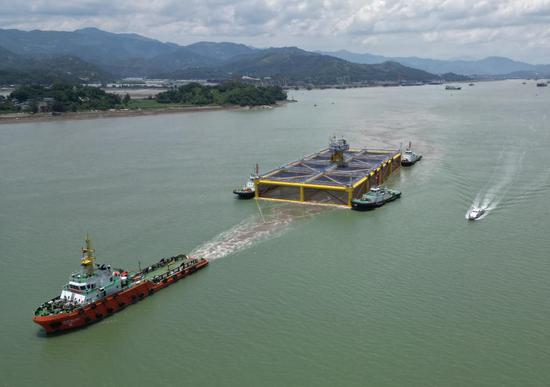
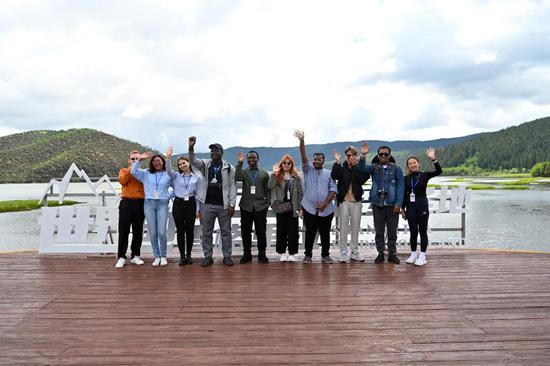

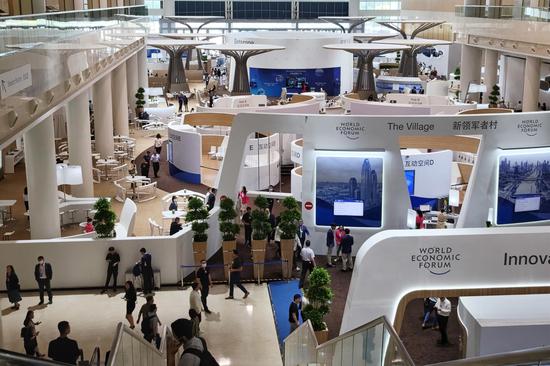






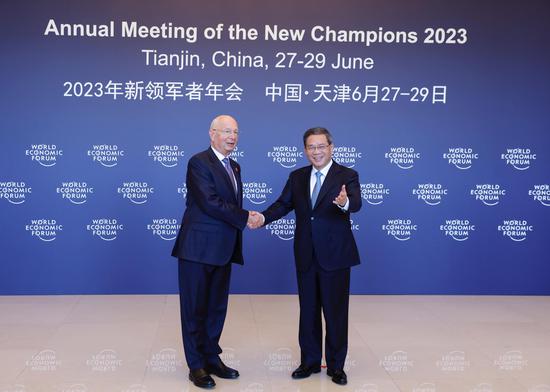
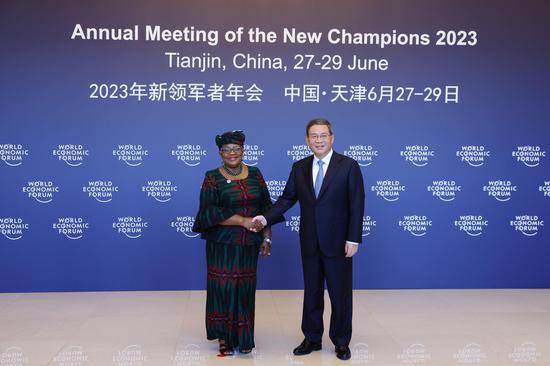


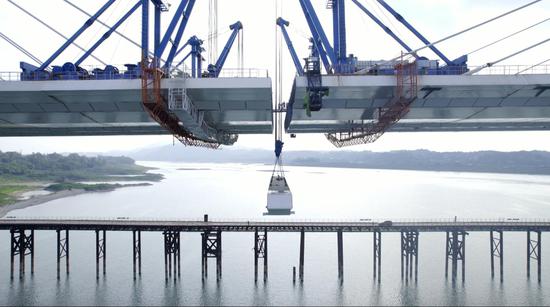





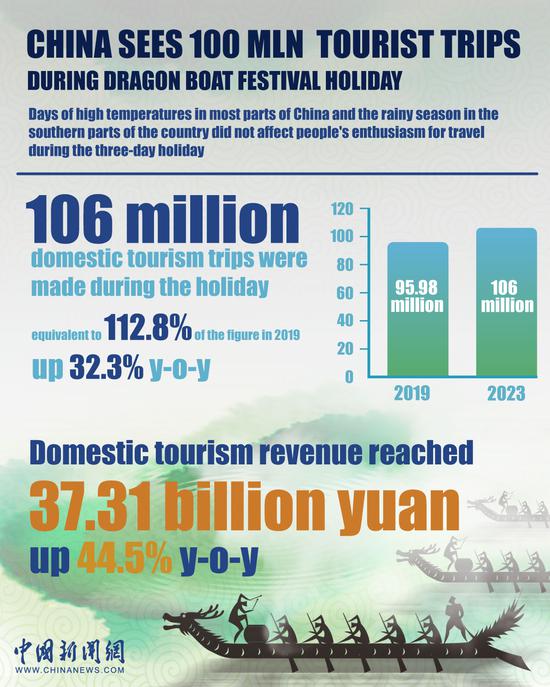









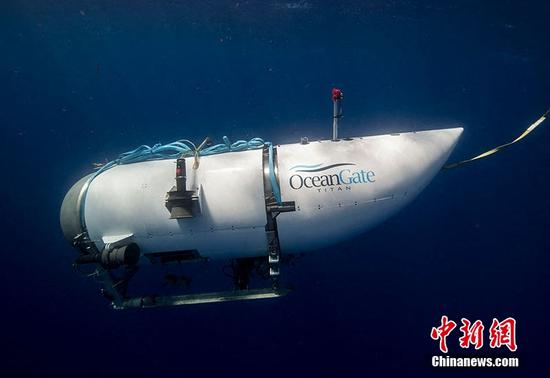











 京公网安备 11010202009201号
京公网安备 11010202009201号